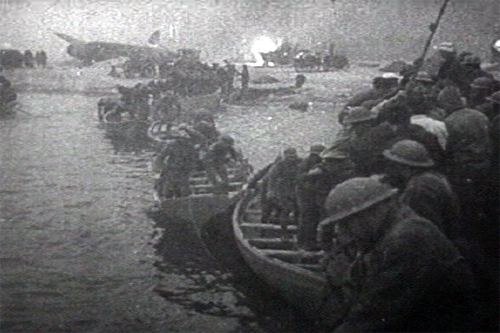The Road to Dunkirk
Historian article

Seventy years after the outbreak of the Second World War, British foreign policy in the 1930s remains as controversial as ever. While appeasement is now a byword for political failure, the reasons for its adoption and the responsibility of the statesmen concerned are constantly debated. In general, opinion looks unfavourably on the "Guilty Men" who turned to appeasement in the 1930s, echoing the sentiments of a famous pamphlet of July 1940, while applauding Churchill as a heroic figure who uniquely saw that only preparation for war against Hitler was viable.
Yet within the condemnation of appeasement, there is no consensus on who bore most responsibility. Neville Chamberlain is the prime suspect with the Munich conference appearing to damn him irredeemably. Yet Churchill himself saw Chamberlain's predecessor as Premier, Stanley Baldwin, as the real culprit for British unpreparedness for war. Other historians follow A L Rowse, who saw both as equally culpable - Baldwin for sins of omission, failing to prepare for war, while Chamberlain was guilty of sins of commission, for actively seeking deals with Hitler...
This resource is FREE for Student HA Members.
Non HA Members can get instant access for £2.75

